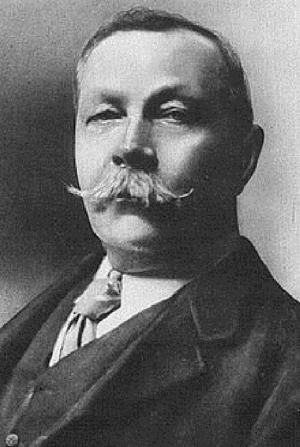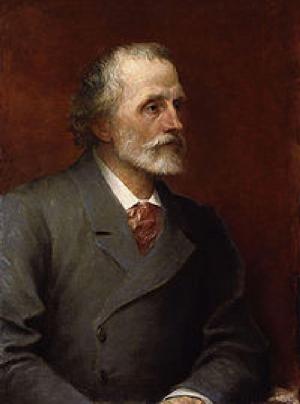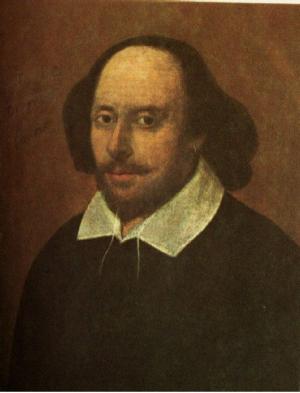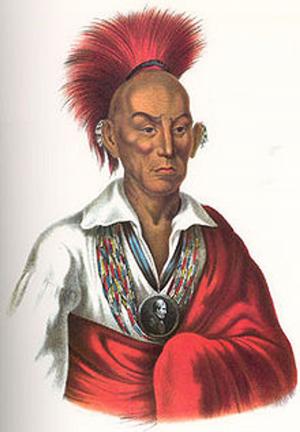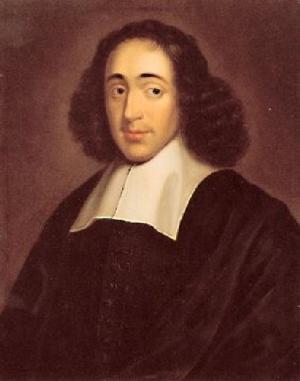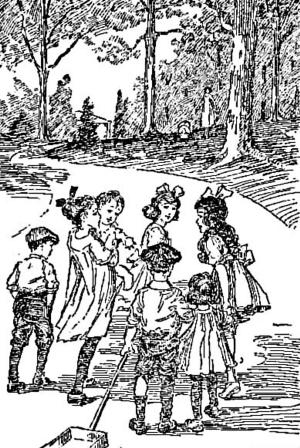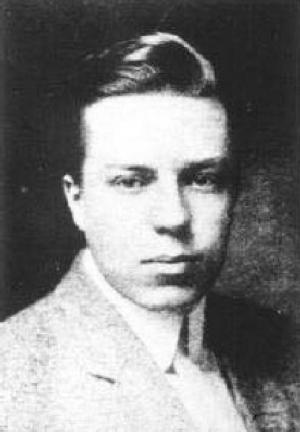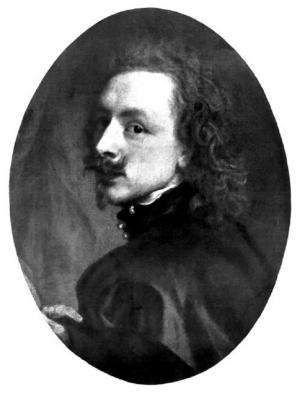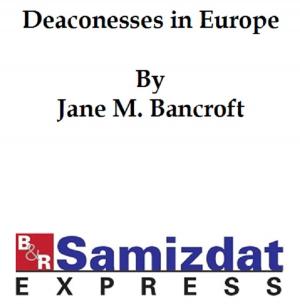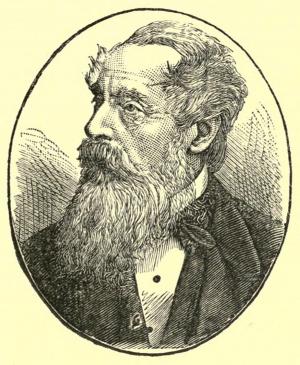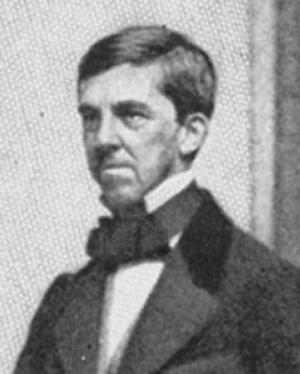| Author: | Kingston, W.H.G. | ISBN: | 9781455347506 |
| Publisher: | B&R Samizdat Express | Publication: | June 10, 2015 |
| Imprint: | Quench Editions | Language: | English |
| Author: | Kingston, W.H.G. |
| ISBN: | 9781455347506 |
| Publisher: | B&R Samizdat Express |
| Publication: | June 10, 2015 |
| Imprint: | Quench Editions |
| Language: | English |
Another vintage Kingston book, this time with a background of the 1650s, when Cromwell and the Roundheads were in power. With acknowledgement to Chamber's Biographical Dictionary we read: Blake, Robert (1599-1657) English naval commander, the son of a merchant. Educated at Wadham College, Oxford, he continued his father's business and led the life of a quiet country gentleman until he was 40. Returned for Bridgewater in 1640 to the short Parliament, he cast in his lot with the Parliamentarians. In the Civil War he took part in the defence of Bristol (1643) and Lyme Regis (1644), and his defence of Taunton (1644-45) against overwhelming odds proved a turning point in the war. Appointed Admiral in 1649, he destroyed Prince Rupert's fleetand captured the Scilly Isles and Jersey. In the first Dutch War (1652-54) he defeated Tromp at the battle of Portland and shattered Dutch supremacy at sea. He destroyed the Barbary Coast pirate fleet off Tunis (1655) and in 1657 destroyed a Spanish treasure fleet at Santa Cruz off Tenerife. He died as his ship entered Plymouth, and was buried in Westminster Abbey, but his body was removed at the Restoration. He is considered one of the greatest of English admirals, second only to Nelson. According to Wikipedia: "William Henry Giles Kingston (28 February 1814 - 5 August 1880), writer of tales for boys, was born in London, but spent much of his youth in Oporto, where his father was a merchant. His first book, The Circassian Chief, appeared in 1844. His first book for boys, Peter the Whaler, was published in 1851, and had such success that he retired from business and devoted himself entirely to the production of this kind of literature, in which his popularity was deservedly great; and during 30 years he wrote upwards of 130 tales, including The Three Midshipmen (1862), The Three Lieutenants (1874), The Three Commanders (1875), The Three Admirals (1877), Digby Heathcote, etc. He also conducted various papers, including The Colonist, and Colonial Magazine and East India Review. He was also interested in emigration, volunteering, and various philanthropic schemes. For services in negotiating a commercial treaty with Portugal he received a Portuguese knighthood, and for his literary labours a Government pension."
Another vintage Kingston book, this time with a background of the 1650s, when Cromwell and the Roundheads were in power. With acknowledgement to Chamber's Biographical Dictionary we read: Blake, Robert (1599-1657) English naval commander, the son of a merchant. Educated at Wadham College, Oxford, he continued his father's business and led the life of a quiet country gentleman until he was 40. Returned for Bridgewater in 1640 to the short Parliament, he cast in his lot with the Parliamentarians. In the Civil War he took part in the defence of Bristol (1643) and Lyme Regis (1644), and his defence of Taunton (1644-45) against overwhelming odds proved a turning point in the war. Appointed Admiral in 1649, he destroyed Prince Rupert's fleetand captured the Scilly Isles and Jersey. In the first Dutch War (1652-54) he defeated Tromp at the battle of Portland and shattered Dutch supremacy at sea. He destroyed the Barbary Coast pirate fleet off Tunis (1655) and in 1657 destroyed a Spanish treasure fleet at Santa Cruz off Tenerife. He died as his ship entered Plymouth, and was buried in Westminster Abbey, but his body was removed at the Restoration. He is considered one of the greatest of English admirals, second only to Nelson. According to Wikipedia: "William Henry Giles Kingston (28 February 1814 - 5 August 1880), writer of tales for boys, was born in London, but spent much of his youth in Oporto, where his father was a merchant. His first book, The Circassian Chief, appeared in 1844. His first book for boys, Peter the Whaler, was published in 1851, and had such success that he retired from business and devoted himself entirely to the production of this kind of literature, in which his popularity was deservedly great; and during 30 years he wrote upwards of 130 tales, including The Three Midshipmen (1862), The Three Lieutenants (1874), The Three Commanders (1875), The Three Admirals (1877), Digby Heathcote, etc. He also conducted various papers, including The Colonist, and Colonial Magazine and East India Review. He was also interested in emigration, volunteering, and various philanthropic schemes. For services in negotiating a commercial treaty with Portugal he received a Portuguese knighthood, and for his literary labours a Government pension."

